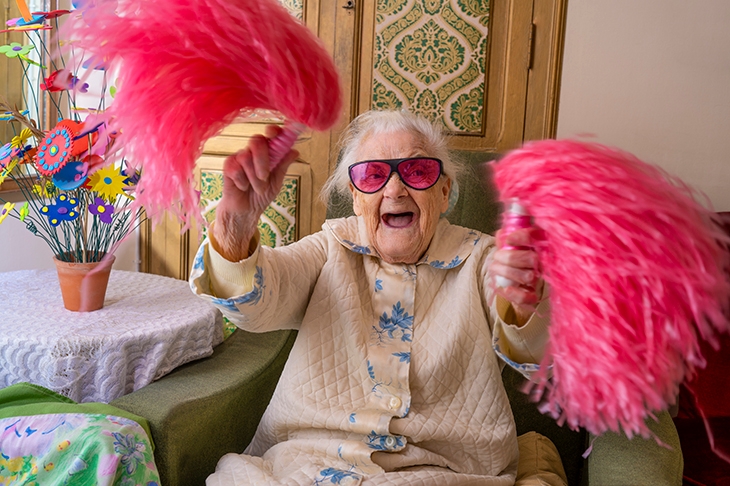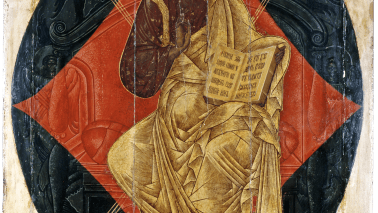For the last four years of her long life, this upstairs room and this magnificent sea view belonged to Mrs Lock. Mrs Lock never fully understood why she was living here and I’m not certain she knew who she was either. She had thick, strong legs and was prone to delightful auditory hallucinations, including pealing church bells, heavenly choirs and gentle rain. ‘Is it raining?’ she would ask with incredulity on clear days. After a long, hard-working life, Mrs Lock could never accept that she no longer had responsibilities. ‘Any duties?’ she’d enquire anxiously a dozen times a day. Evenings, I might glimpse her through her open door in her nighty, praying on her knees like a child. The room is unoccupied now, the furniture gone. I stood in here yesterday to watch the sunset and remembered her.
I once found the elderly commander in Gwen Clarke MBE’s room watching her perform a striptease
And this room next door, facing sea and farmland, was where Miss Freda Busby spent the last five of her 104 years. During the Great War two soldiers were billeted at her family home in High Wycombe. She fell in love with one, her sister Olive the other. Both soldiers wrote regularly, both were killed. Olive and Freda never married. They lived together, a pair of cultured spinsters whose only love interest was a crush on the Australian cricketer Sir Donald ‘the Don’ Bradman. Freda was a physically small person with big hair and a masculine face. For the last six months of her life I used to sleep with her. If she wanted to get up in the night to sit on the commode I would help her with her balance and her knickers. She enjoyed a good sunset as much as anyone I’ve known, though she wasn’t exhibitionist about it, watching rather with silent reverence.








Comments
Join the debate for just £1 a month
Be part of the conversation with other Spectator readers by getting your first three months for £3.
UNLOCK ACCESS Just £1 a monthAlready a subscriber? Log in